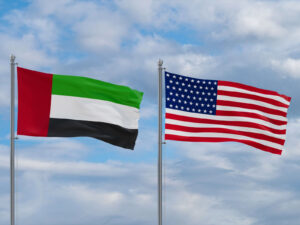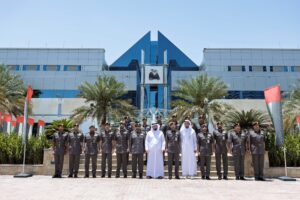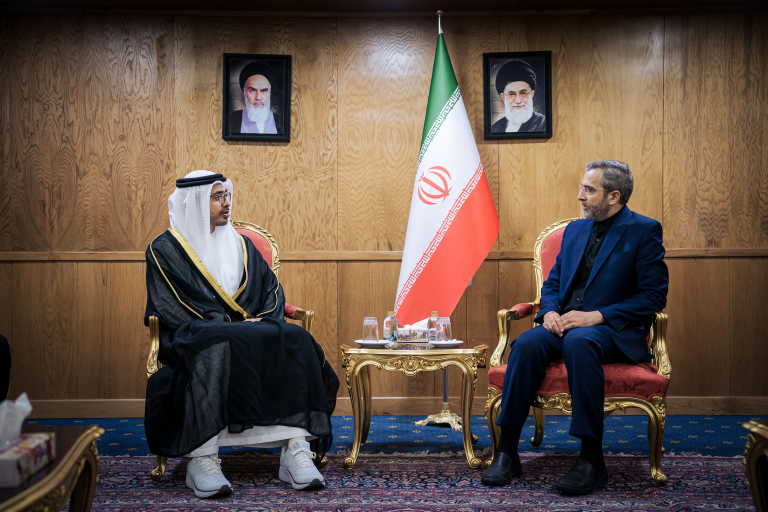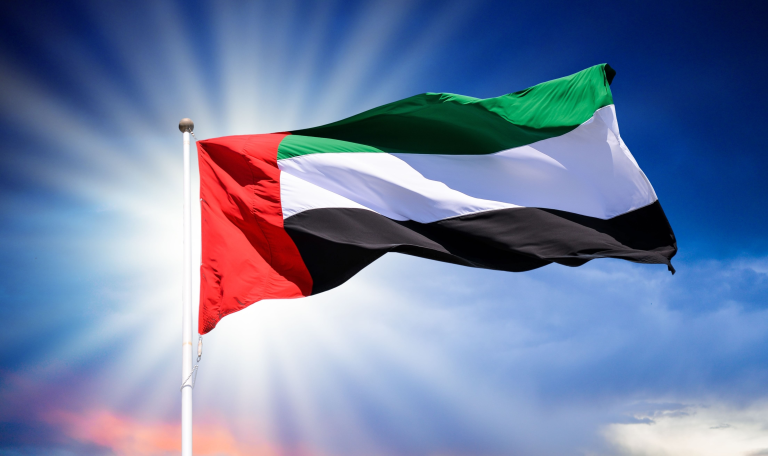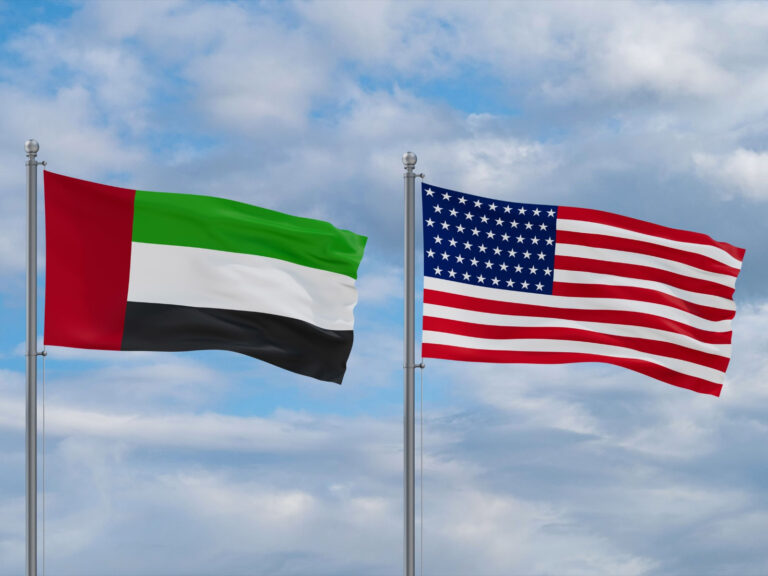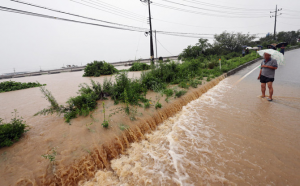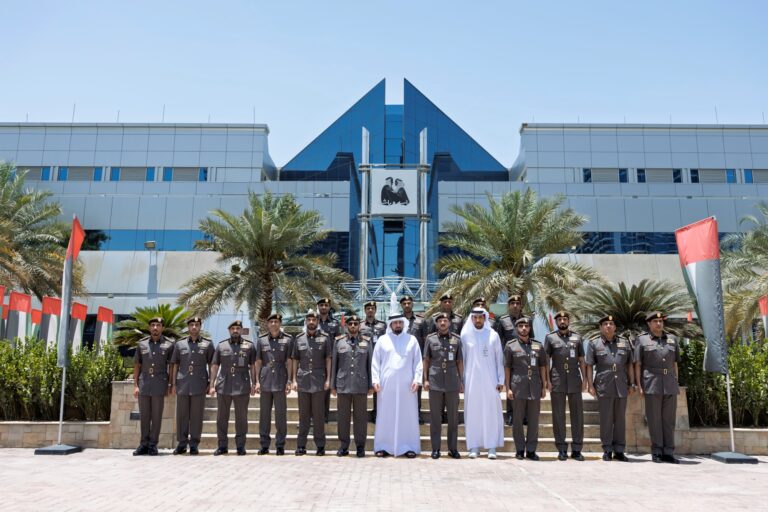- The delivery of humanitarian aid through the crossing has been stalled since Monday, when a 2014 UN deal expired
- Assad regime has said it will open the crossing again on condition that aid agencies will not interact with groups it designated as terrorists
NEW YORK: The United Nations is concerned about “unacceptable conditions” set by Damascus for allowing aid to flow through its Bab Al-Hawa crossing to rebel-held areas in northwest Syria, according to a document reviewed Friday by AFP.
The delivery of humanitarian aid through the crossing has been stalled since Monday, when a 2014 UN deal expired.
A letter this week from Syrian authorities allowing use of the border crossing between Turkiye and Syria “contains two unacceptable conditions,” according to a document sent to the UN Security Council from the Office for the Coordination of Humanitarian Affairs (OCHA).
OCHA said it was concerned that the Syrian government had “stressed that the United Nations should not communicate with entities designated as ‘terrorist.’“
The second condition it bridled at was that the International Committee of the Red Cross (ICRC) and the Syrian Arab Red Crescent (SARC) should “supervise and facilitate the distribution of humanitarian aid” in northwest Syria.
The UN says more than four million people in northwest Syria are in need of food, water, medicine and other essentials.
Through an arrangement that began in 2014, the UN largely delivers relief to northwest Syria via neighboring Turkiye through the Bab Al-Hawa crossing.
Syria announced on Thursday that it would authorize the UN to use Bab Al-Hawa to deliver vital humanitarian aid to millions of people in rebel-held areas for six months.
Syria’s ambassador to the UN Bassam Sabbagh told reporters on Thursday that his country had taken a “sovereign decision” on allowing the aid to continue.
That announcement followed the expiration on Monday of a mechanism that has allowed UN convoys to use the crossing to rebel areas without authorization from Damascus.
UN Secretary-General Antonio Guterres’s spokesman Stephane Dujarric said on Friday that “there’s been no crossings in Bab Al-Hawa with United Nations humanitarian aid,” adding that authorities were reviewing Syria’s authorization.
“We’re taking a look at… what exactly was expressed in the letter,” he said.
“These things need to be studied carefully,” he added, reiterating the UN’s “commitment to delivering humanitarian assistance guided by humanitarian principles of non-interference, of impartiality.”
The OCHA document seen by AFP also called for the need to “review” and “clarify” parts of Damascus’ letter, saying the deliveries “must not infringe on the impartiality… neutrality, and independence of the United Nations’ humanitarian operations.”
Damascus regularly denounces the UN aid deliveries as a violation of its sovereignty, and major ally Moscow has been chipping away at the deal for years.
Russia on Tuesday vetoed a nine-month extension of the agreement, and then failed to muster enough votes to adopt a six-month extension.
The 15 UN Security Council members had been trying for days to find a compromise to extend the cross-border aid deal.
Syria’s conflict has killed more than 500,000 people, displaced millions and battered the country’s infrastructure and industry.
“The scale of needs in Syria requires a comprehensive and unrestricted approach to humanitarian aid,” the ICRC delegation in New York told AFP.
“We stand ready to support in ways that fall within our capabilities and with the consent of all parties involved.”


